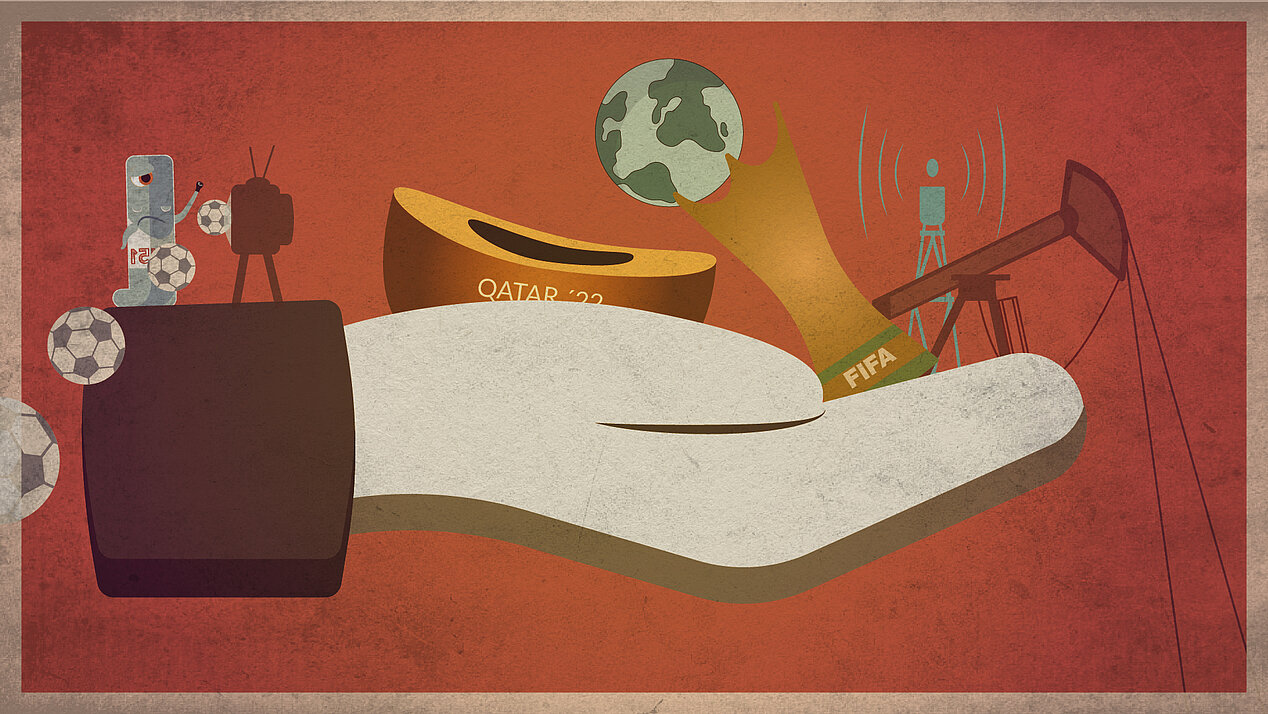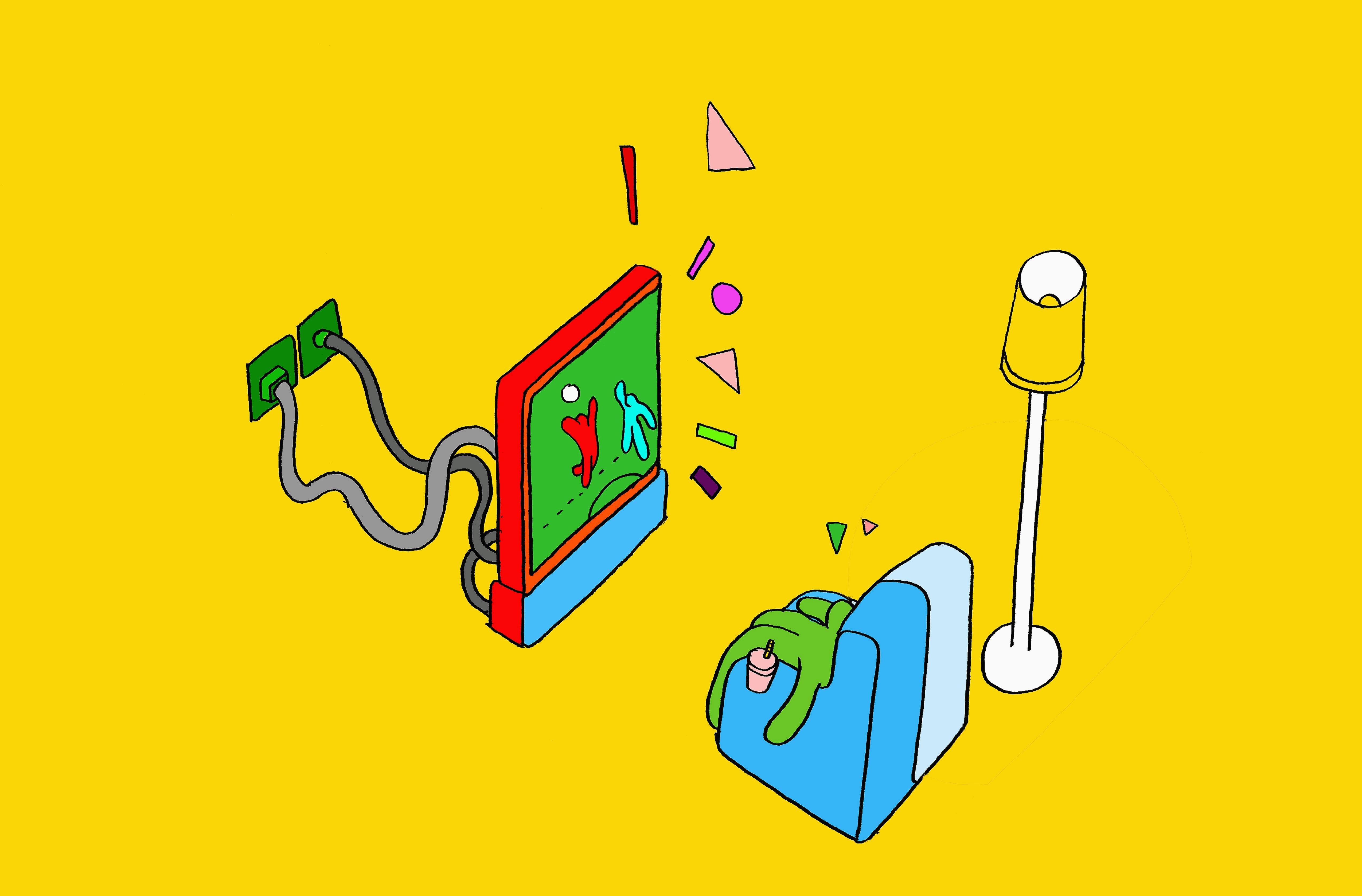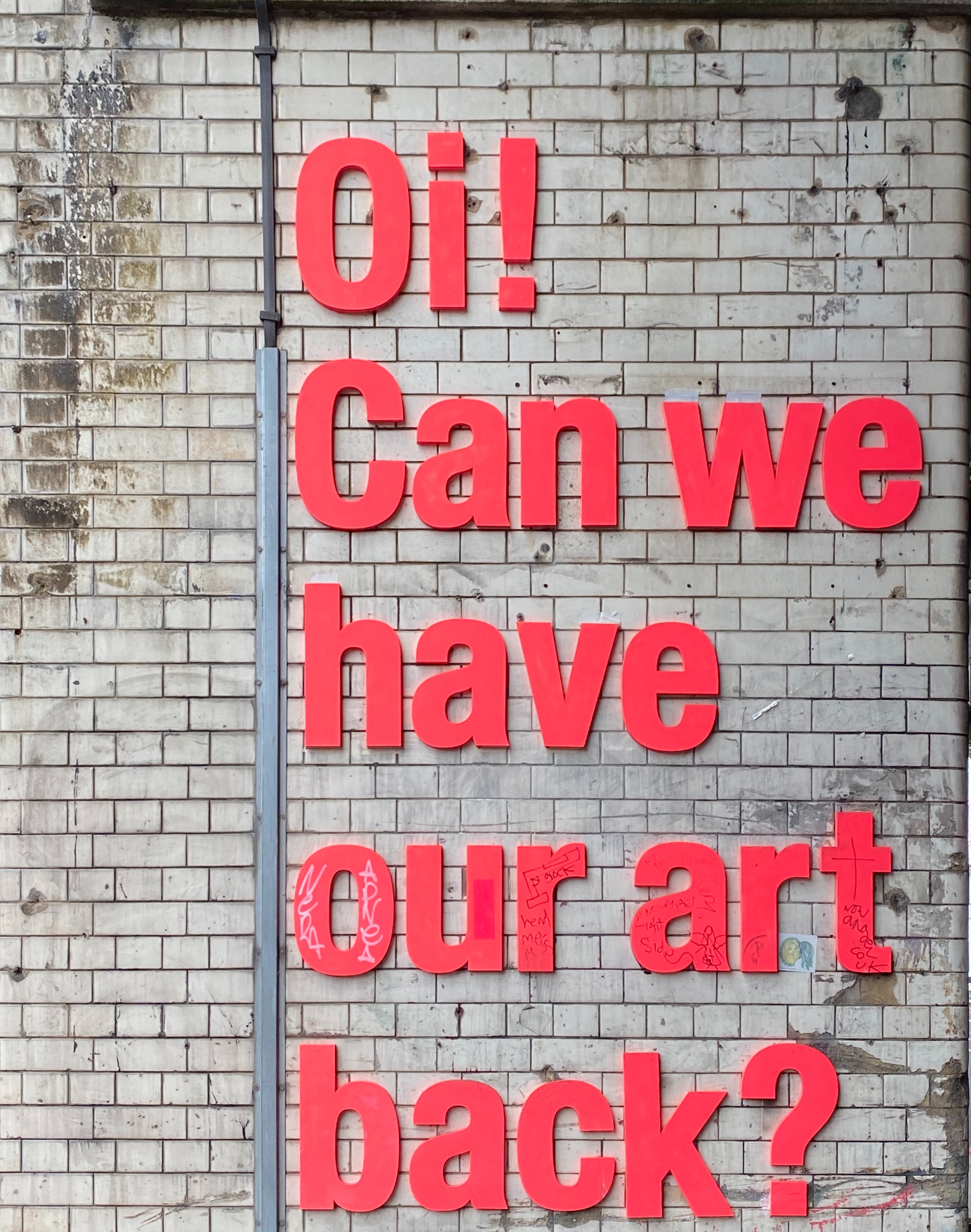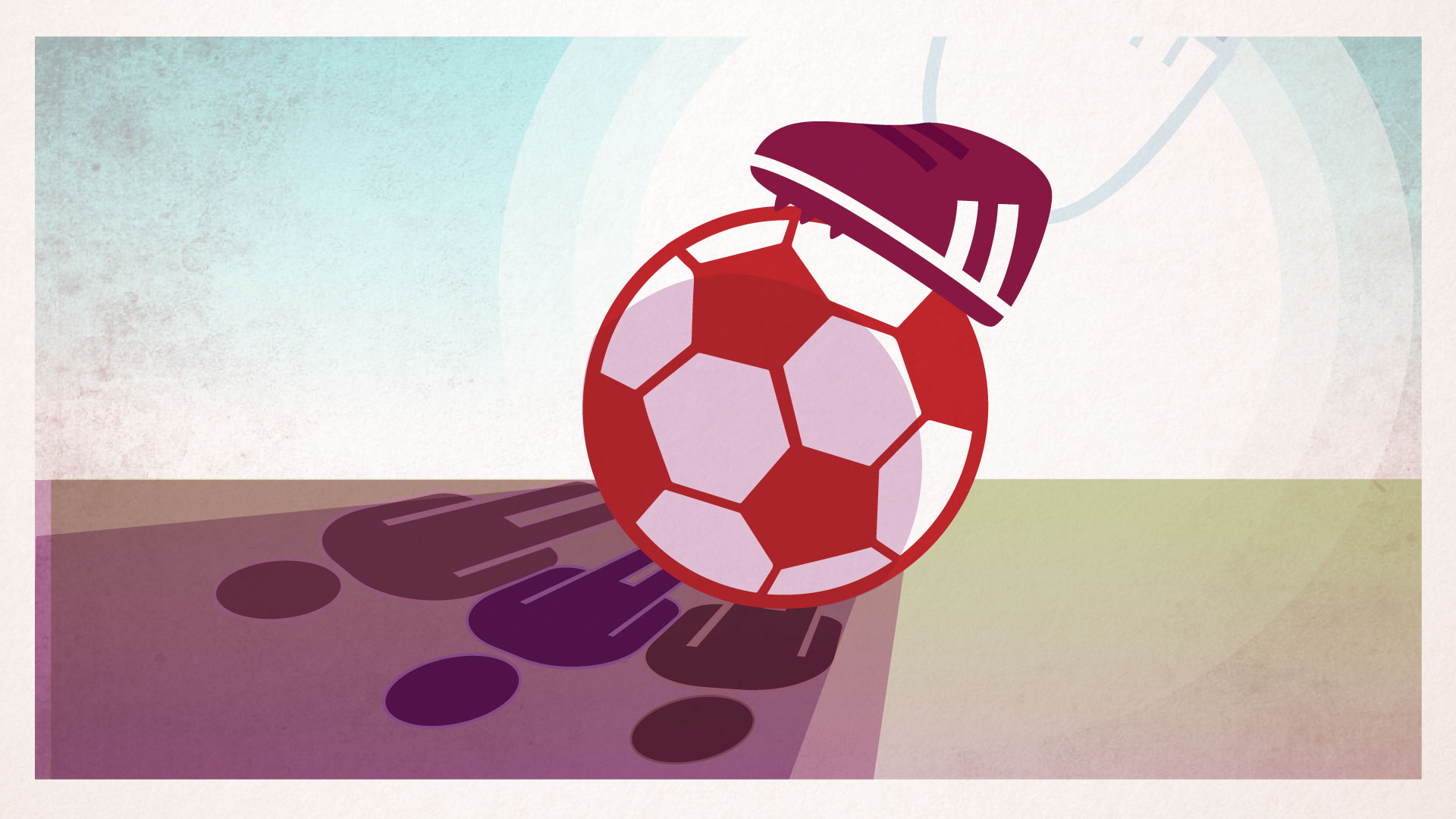Money at the top generates fabulously rich degenerates who will with buy football clubs, and in the old age remember their future and create an NGO. Just in case. Thomas Piketty, Michael Hudson, Mariana Mazzucato and so many others conclusively shown how the financial snow-ball works.
A Global Fix
Many people have understood the rules of the game are rigged. When the same fabulously rich fund politics and promote legislation according to their growing needs, making speculation, tax evasion and overall instability a structural and legal process, a global fix is clearly needed. Lester Brown has put the environment figures together, and wrote Plan B, clearly showing that our present Plan A is dead. Gus Speth, Gar Alperovitz, Jeffrey Sachs and so many others are working on The Next System, implying and showing the present system has gone over its own limits.
Joseph Stiglitz and a score of economists launched An Agenda for Shared Prosperity, rejecting “the old economic models”: according to their view, “equality and economic performance constitute in reality complementary and not opposing forces”. France created its Alternatives Economiques movement, we have New Economics Foundation in the UK, students in economics in its traditional form are boycotting their studies at Harvard and other top universities. Mehr Licht!
How can we expect to have peace across the lake we call the Mediterranean if 70% of the jobs in Algeria are informal, and youth unemployment is over 40%? And what they watch on TV is the leisure and prosperity just across at Nice?
And the poor, very clearly, are fed up with this game. There remain very few isolated and ignorant peasants ready to be satisfied with their lot, whatever it is. But there is a world-wide conscience among the poor that they could have a good school for their kids, and a decent hospital for them to be born in. And besides, they see this can work on TV: in Brazil 97% of households have TV-sets, even if no decent sanitation.
How can we expect to have peace across the lake we call the Mediterranean if 70% of the jobs in Algeria are informal, and youth unemployment is over 40%? And what they watch on TV is the leisure and prosperity just across at Nice? We bombard them with ways of life that are out of their economic reach. None of this makes sense, and in a shrinking planet, it is explosive. We are condemned to live together, the world is flat, the challenges are for all of us, and the initiative must come from the better off. And, fortunately enough, the poor are not what they were anymore. They are fed-up, and political instability is spreading. Beyond a certain level of inequality, speaking of democracy is a sham.
Can’t we have the economy, but also less inequality, less environment destruction and more quality of life? This is not an economic issue, but of social and political organization. In 2022, we reached a 100 trillion-dollar world GDP. Divided by the world population, this is equivalent to 4.600 dollars a month per four-member family. This simply means that what we presently produce in goods and services is amply enough to make sure everyone in the planet has a dignified and comfortable life. We have the resources, we have the technologies, we are drowning in statistics about every drama, and we even have the steps painted on the side-walk: The Sustainable Development Goals (SDG) has it all spelled out.









